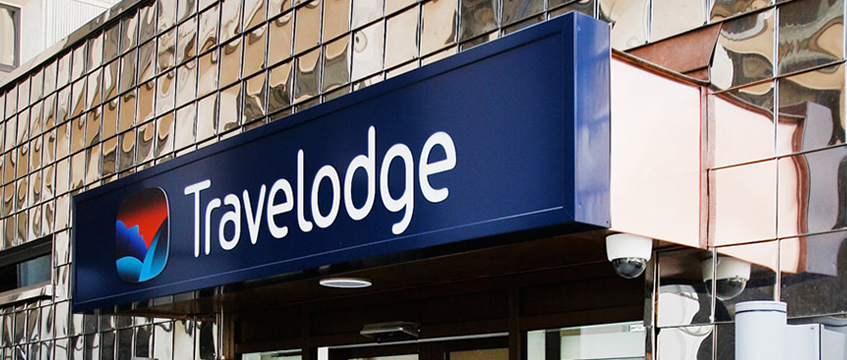Both Travelodge and an unnamed high-street retailer have obtained injunctions from the High Court preventing winding-up petitions being presented against them by landlords.
In a Skype hearing in May, for which a transcript has only recently become available, Mr Justice Birss granted the hotel chain an injunction preventing the landlords of its premises in Carmarthen and Oakhampton from seeking to have the company wound up over unpaid rent.
And, last week, Mr Justice Morgan granted an emergency injunction to the unnamed retailer, which also faced the threat of a winding-up petition over unpaid rent and service charge.
Each case was decided against the background of the government’s response to the Covid-19 pandemic, although the Travelodge decision was made prior to publication of the Corporate Insolvency and Governance Bill, which proposes a temporary prohibition on winding-up petitions.
Chloe Meredith, an associate at Ashurst, said that the two cases have “the hallmarks of judges trying to come to the right outcome in difficult circumstances”.
She added: “Mr Justice Morgan’s decision in Re: A Company keeps firmly in view the government’s policy of providing businesses with breathing space during the Covid-19 pandemic.
“While Mr Justice Morgan’s reliance on the likely enactment of the Corporate Insolvency and Governance Bill is novel, there is a general expectation amongst practitioners that Schedule 10 of the Bill will be enacted without amendment by the end of June. Mr Justice Birss’ reliance in Travelodge Ltd v Prime Aesthetics Ltd on a likely change of law before the Corporate Insolvency and Governance Bill was published is more problematic.
“It is hoped that these cases will be of limited application in the future and that judges will not speculate on the likelihood of a change in law in circumstances where such changes are subject to consultation and full parliamentary debate.”
In the Travelodge decision, Mr Justice Birss said that the chain’s last filed accounts (2018) showed total revenues of £680m, an operating profit of £59m, and net assets of £388m and that, in the period after the last accounts but prior to Covid-19, its performance was consistent with that, with revenue for 2019 at £728m and the first two months of 2020 at £100m, more than it was for the same period in the previous year. However, as a result of the pandemic, he said that “revenue has dropped by approximately 95%”.
In the later decision, Mr Justice Morgan said that the creditor wished to issue a petition in circumstances “where it is improbable that the court will make a winding up order but where the existence of a presented petition will cause serious damage to the company” and he said that the grant of an injunction to restrain the presentation of the petition was “powerfully supported by the clear policy objectives of the CIG Bill”.
To send feedback, e-mail jess.harrold@egi.co.uk or tweet @estatesgazette








